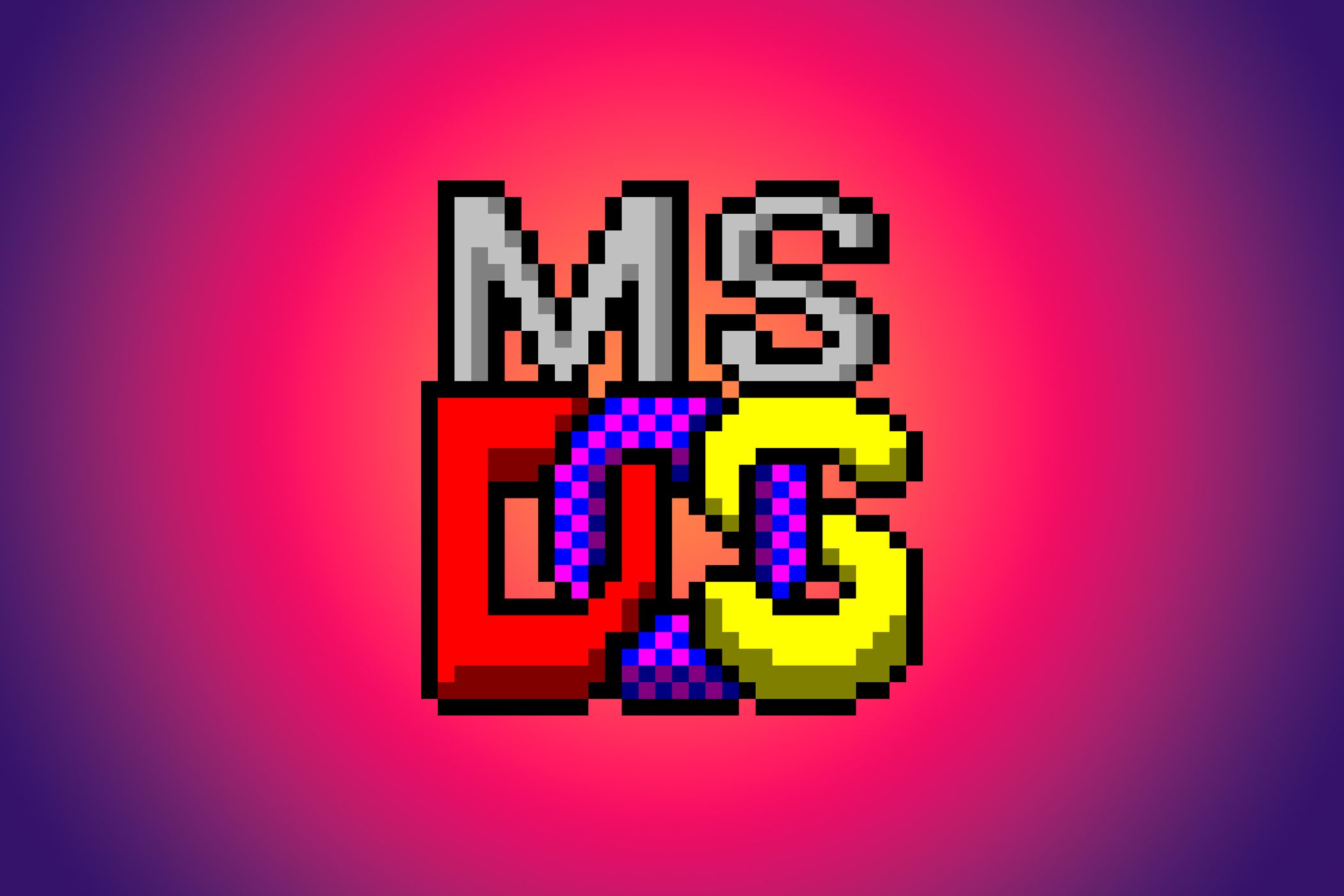Microsoft Disk Operating System, or MS-DOS for short, was the operating system that powered early PCs and served as the underlying framework for early versions of Microsoft Windows. Some older versions have been released as open-source software over the past few years, giving us a better look at early computing history, and now the code for the 1988 release of MS-DOS 4.0 is available.
Microsoft has just released the code for version 4.0 of MS-DOS. The operating system was released in 1988, 36 years ago, and was a notable upgrade from earlier releases. For example, it added support for hard drive partitions up to 2GB. Microsoft had also planned this version of MS-DOS to be multitasking-capable and actually shipped a “multitasking” version of the OS to some markets, but IBM had other plans for the release, so it wasn’t too widespread.
Being such an old operating system, open sourcing this is not something that’s actually “useful” in the same way as most other open source software. This is more about preserving the history of computers than anything else, since MS-DOS 4.0 isn’t all that useful even in the world of retro computing. Many applications and DOS-based games require MS-DOS 5.0 or 6.0, and the last public release of MS-DOS 6.22 is usually the best choice. There’s also FreeDOS, which is an open-source DOS clone that has been under development since 1994, and can run nearly all applications and drivers intended for MS-DOS.
Microsoft released the source code of some of the very first versions of MS-DOS years ago, so it’s nice to see the company also give the same treatment to some later MS-DOS versions. It also makes us wonder whether Microsoft might actually choose to open-source in the same manner some of the earlier versions of Windows in the long term. This particular version of MS-DOS was released a little less than two years before the release of Windows 3.0 in 1990, largely considered to be the very first successful release of Windows. It’s something we’d definitely be interested in checking out.
Source: Microsoft





